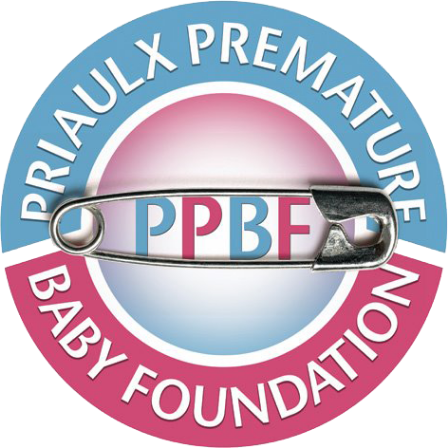PPBF: ‘Please, Please, Breastfeed’
During World Breastfeeding Week, Dr Rao from the MSG and Jo Priaulx sit down to discuss the topic during a Bailiwick Express podcast


During World Breastfeeding Week, Dr Rao from the MSG and Jo Priaulx sit down to discuss the topic during a Bailiwick Express podcast


World Breastfeeding Week runs from 1st – 7th August every year. This annual celebration is all about promoting and raising awareness about the importance of breastfeeding in terms of emotional and physical health.
Dr Gopinath Rao, Consultant Paediatrician at the Medical Specialist Group and PPBF Co-founder, Jo Priaulx, sat down to discuss breastfeeding in a new Bailiwick Express podcast.

Benefits
Dr Rao describes breastmilk as ‘exceptional’ – there is nothing else quite like it. From a health perspective, babies who breastfeed have less infections, especially tummy bugs and fewer incidents of diarrhea and vomiting. This also means fewer hospital visits and breastfed babies have a lower risk of developing allergies, eczema and asthma.
“Universally, it is good news.” – Dr Rao.
Breastfeeding is not just about nutritional value, it’s about emotional value too, for both baby and mother.
“One of the most important things is the emotional bonding. It will take a few more years of research to understand bonding from the baby’s side. But, it’s clearly showing that mothers have fewer incidences of mood disorders e.g. low mood and depression.” – Dr Rao.
Starting to breastfeed within the hour is known as the ‘golden standard’ as this enables skin-to-skin contact.
Additionally, breastfeeding has long-term and short-term benefits for mothers. These include enabling the uterus to return to its normal size, weight loss, and a lower chance of breast cancer in the future.

Challenges
However, Dr Rao says, “If it was easy, then we wouldn’t be talking about it.” He describes breastfeeding as something that is tricky, and an extra challenge for babies born prematurely in the following ways:
In these scenarios, mothers will be asked to express early on.
“My milk didn’t come in, so it was really frustrating, we tried to express for a couple of weeks. That is the bit where I think sometimes we give up too easily. As Dr Rao says, it’s so important to keep going.” – Jo Priaulx.
Jo and Andy Priaulx’s son, Sebastian, was born 4 weeks early in Northampton where the couple were living at the time, and he was fed through a syringe, just a millimetre at a time. Dr Rao mentions that even a tiny bit of milk is still useful.

There may also be instances where breastfeeding is just not possible. If a baby is taken away for medical care then the hormonal changes needed to produce milk may not happen. Babies may also not be able to suck properly due to a neurological disorder, cleft palette or tongue tie. Dr Rao reassures families that help is available and the Community Midwifery Team along with Health Visitors, will be able to sign post mothers to the right place for support.

Alternatives
Dr Rao explains some of the conditions where mothers are asked not to breastfeed. These are exceptionally rare but there are infections and other issues which may lead to this. This decision is often made by a team of healthcare professionals. Sometimes, breastfeeding simply doesn’t work, for various reasons, and mothers can be reassured by the alternatives explained below:

Support
“Any separation, even for a few hours, can cause a problem as emotional bonding is disrupted. For various reasons, if mum is not well enough, then a baby may have to travel to the UK to receive care and then the mother joins later.” – Dr Rao.
This is where the Priaulx Premature Baby Foundation’s compassionate housing comes in. The charity’s three flats are located right next to Southampton Hospital meaning that parents can be by their child’s side in a matter of minutes. Fathers can get involved in feeding, too. For example, the Gray family stayed in Isaac’s Pad while little Umi Gray received specialist care. Her mum, Amanda, recalls how she was on a strict expressing schedule and Umi’s dad, Luke, ‘loved taking her the expressed milk – her ‘Dom Perignon’ first thing every morning.’

In addition to accommodation, electronic breast pumps are available at the PPBF’s flats to make the feeding process easier. Dr Rao adds that, unlike Guernsey, UK hospitals have access to breastmilk banks which can be a huge help, too.
Back in Guernsey, the PPBF’s Baby Boxes, which are given to families on the local Special Care Unit, include a bottle, covers, nipple shields, and more to help with feeding.

“It’s all about giving mums and families a choice of feeding options. It’s not about us ordering them to do this, or that, it’s about giving them options and then letting them decide what to do.” – Dr Rao.
Dr Rao also recommends getting in touch with Bosom Buddies for local breastfeeding support.
“It’s a personal choice, but it’s something we can encourage.” – Jo Priaulx.